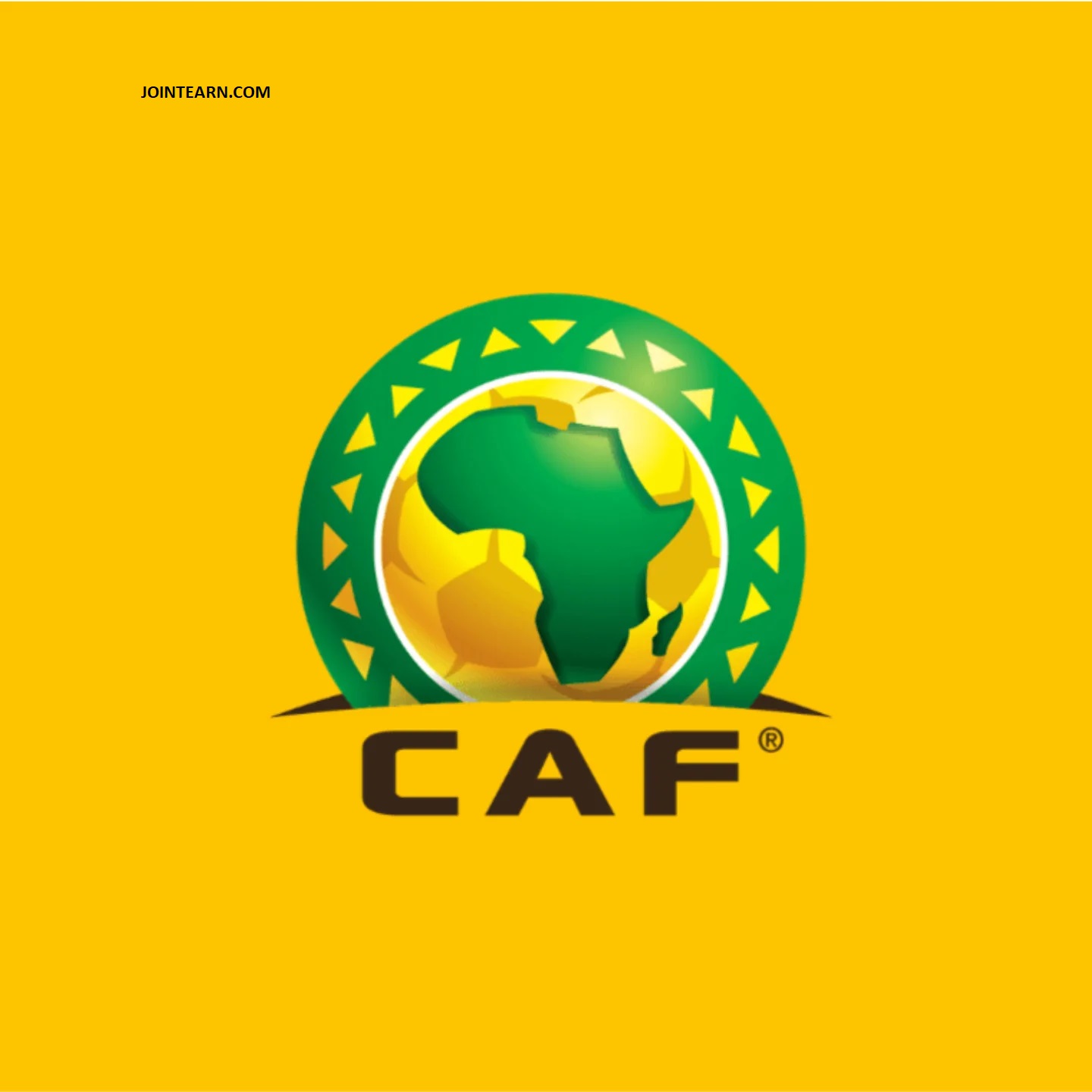The Confederation of African Football (CAF) has announced the inclusion of two Nigerian officials in the list of referees for the upcoming U-20 Africa Cup of Nations (AFCON) in Egypt. Aminu Shamtali Shuaibu and Muhammadu Yakubu have been selected to participate in the tournament, which is set to kick off on April 26, 2025. This development marks a significant milestone for Nigerian football, as it ends a recent drought in continental refereeing appointments.
Background of the Appointment
The selection of Nigerian referees for the U-20 AFCON is a welcome development, especially after their absence from recent continental championships, including the ongoing U-17 AFCON in Morocco. The inclusion of Aminu Shuaibu as a match assessor and Muhammadu Yakubu as an assistant referee highlights CAF’s recognition of Nigeria’s refereeing talent and its efforts to ensure diverse representation across African football.
CAF’s Referee Selection Process
CAF’s selection process for referees involves rigorous evaluation and training to ensure that only the most competent officials are chosen for major tournaments. The list for the U-20 AFCON includes 14 centre referees, 15 assistant referees, 10 Video Assistant Referees (VAR), 1 CAF committee member, and 3 assessors. This comprehensive team will oversee matches in the competition, scheduled to run from April 27 to May 18, 2025.
Implications for Nigerian Football
The appointment of Nigerian referees to the U-20 AFCON has several implications for the country’s football development:
- Enhanced Reputation: The inclusion of Nigerian officials in major tournaments enhances the reputation of the Nigerian Football Federation (NFF) and its refereeing standards. It demonstrates that Nigerian referees are capable of meeting international standards, which can boost confidence in local football administration.
- Training and Development: This recognition will likely encourage more investment in referee training programs in Nigeria. As local referees gain international experience, they can share their expertise with younger officials, improving the overall quality of refereeing in domestic competitions.
- Inspiration for Young Referees: The success of Aminu Shuaibu and Muhammadu Yakubu serves as an inspiration for aspiring referees in Nigeria. Seeing their compatriots officiate at high-profile events can motivate young officials to pursue careers in refereeing, potentially leading to a stronger pool of talent in the future.
Challenges and Opportunities
Despite this positive development, Nigerian football still faces challenges in terms of refereeing standards and international recognition. The absence of Nigerian centre referees from the U-20 AFCON list underscores the need for continued improvement in refereeing skills and consistency.
However, the appointment of Nigerian officials offers opportunities for growth and exposure. As these referees gain experience in international competitions, they can contribute to improving refereeing standards back home. This experience will also help in developing a more robust refereeing system that can support Nigeria’s ambitions in African and global football.
The U-20 AFCON Tournament
The U-20 AFCON is a crucial platform for young African footballers to showcase their talents and potentially secure spots in the FIFA U-20 World Cup. The tournament will feature teams from across Africa, with the semi-finalists earning berths in the 2025 FIFA U-20 World Cup in Chile.
Nigeria’s Flying Eagles are part of Group A, alongside hosts Egypt, South Africa, and Morocco. The tournament promises to be highly competitive, with teams vying for both continental glory and a chance to compete on the global stage.
Conclusion
The inclusion of Aminu Shuaibu and Muhammadu Yakubu in the U-20 AFCON refereeing team is a significant achievement for Nigerian football. It highlights the country’s potential to produce high-quality referees capable of officiating at the highest levels. As Nigerian football continues to evolve, this recognition serves as a catalyst for further development in refereeing standards and overall football administration. The success of these officials will inspire future generations of referees and contribute to Nigeria’s growing influence in African football.












